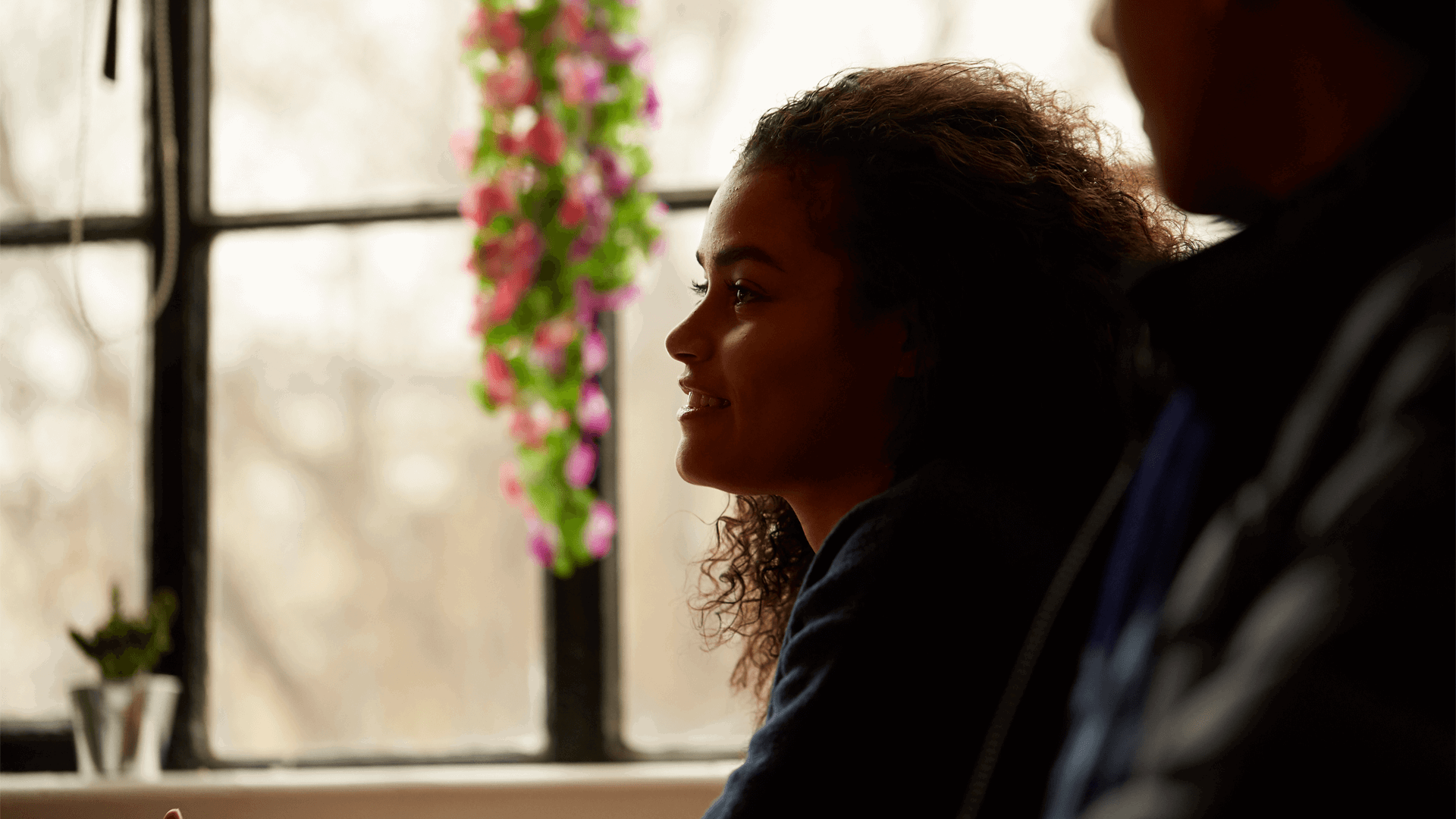Topics mentioned: OCD, speaking to your GP, medications, counselling and therapy
Author: Louis
About: Different people experience OCD in different ways. Louis explains what it means to him and how he learnt to live with it.
Once I started talking, I realised how much I had to say and how good it felt to share it with someone.
Getting an OCD diagnosis
I’ll always remember the day I was first diagnosed with obsessive compulsive disorder (OCD). It was my sixteenth birthday and my anxiety had become so severe I hadn’t left the house in weeks. I’d stopped going to school altogether one month earlier.
I was terrified before my appointment with the psychiatrist – I was worried I would be branded ‘mental’ and nobody would want to be around me ever again – but I also knew I needed help, so I summoned all the strength I could and went along.
In the waiting room, I tried to think of the words to explain how I was feeling. I could barely make sense of what was going on inside my head – how could somebody else even begin to understand? More than anything, I was embarrassed. This felt like my most shameful secret – was I really about to share it with a total stranger?
When I eventually met the doctor and he started asking me questions, I felt very self-conscious; he was noting down everything I said and I was worried he thought I was totally mad. But once I started talking, I realised how much I had to say and how good it felt to share it with someone.
When our session came to an end, the doctor brought my mum in and told us that I had OCD. He prescribed me some medication and referred me for cognitive behavioural therapy (CBT). He told me I could get better.
This felt like my most shameful secret – was I really about to share it with a total stranger?
Making sense of my OCD
At first, I thought he’d made a mistake. Wasn’t OCD just about being obsessed with germs and cleaning? Given the state of my bedroom, that clearly wasn’t me!
But he explained: people with OCD have repeating thoughts, feelings or images that cause them distress – that’s the obsession part. And they have certain behaviours or rituals that make them feel better – that’s the compulsion part. It can come in any form, he added, it’s just that obsessions about germs and hygiene are one of the more common and recognisable forms.
As my mum drove me home, I thought about this and it all began to make sense.
When I was about seven years old, I became obsessed with numbers. Certain numbers felt ‘right’ and certain numbers felt ‘wrong’. If I didn’t do things the ‘right’ number of times, I was convinced something bad would happen to my family. The obsessions were thoughts and images of my family getting hurt; the compulsions were the things I did to make the anxiety about these thoughts go away.
I still had this obsession with numbers, but it wasn’t what was stopping me leaving the house. What was stopping me leaving the house – and taking over my life – was a terrible fear of not having access to a toilet and having an accident in public. I could just about understand how the numbers thing was OCD, but this part made no sense to me.
It was only when I began CBT that it clicked. The obsession part was the images I had of me having an accident in public and everybody laughing at me, or the funny twinge in my bladder or stomach that I was constantly scanning for. The compulsion part was all the things I did to try and avoid this happening – going to the loo whenever I had the opportunity, always making sure I knew where the loos were, even stopping eating and drinking altogether while I was out.
It was OCD all along.
OCD has a way of finding the one thing you’re most embarrassed about, most ashamed or scared of, and using it to bully you.
Overcoming shame
I wish I’d realised then and there that this was nothing to be ashamed of, but the truth is I didn’t. In reality, I didn’t share this with anybody for years.
OCD has a way of finding the one thing you’re most embarrassed about, most ashamed or scared of, and using it to bully you. I was certain that if I ever told a friend or partner the cause of my anxiety, they would be disgusted by me and run a mile. So I didn’t, and as a result I found it nearly impossible to get close to anyone – however much time we spent together, if they didn’t know my secret, I felt like they didn’t know me. I developed bad social anxiety and depression. I felt empty.
Then one day I decided enough was enough. I was tired of hiding – I wanted to be seen. So, I did the one thing my OCD bully didn’t want me to do: I told everyone. I wrote a long post on social media going into excruciating detail, and I posted it for everyone to see. I expected to be laughed at, but the reality couldn’t have been more different.
I was inundated with messages of support – some even from total strangers after friends shared my post. The most shocking thing of all was the amount of people who got in touch to say they’d been through something similar. I couldn’t believe it – it wasn’t just me!
It reminded me of something a therapist had told me years earlier: swans may glide gracefully on a lake, but they’re paddling furiously underwater. So, just because people seem fine from the outside, that doesn’t mean they’re not struggling under the surface.
Just because people seem fine from the outside, that doesn’t mean they’re not struggling under the surface.
What I've learnt
I’ve learnt so much since then. I still have wobbles, and at times things have felt impossible, but I’ve learnt that what feels ‘possible’ isn’t set in stone – it changes every day.
When I was sixteen, I couldn’t go to the shop at the end of my road without having a panic attack. Since then, I’ve travelled all over the world, I’ve graduated from university, and I’ve done all sorts of other amazing things I never thought possible.
So, when times are tough, know that whatever you are going through right now, it isn’t permanent. You have reserves of strength you don’t even know about – you just have to get through the bad days, and the good days will follow.
So, when times are tough, know that whatever you are going through right now, it isn’t permanent.
Where to get help
-
OCD Action
Offers support and information to anybody affected by obsessive compulsive disorder (OCD).
- Opening times:
- 9:30am - 8pm, Monday - Friday
-
Childline
If you’re under 19 you can confidentially call, chat online or email about any problem big or small.
Sign up for a free Childline locker (real name or email address not needed) to use their free 1-2-1 counsellor chat and email support service.
Can provide a BSL interpreter if you are deaf or hearing-impaired.
Hosts online message boards where you can share your experiences, have fun and get support from other young people in similar situations.
- Opening times:
- 24/7
-
The Mix
Free, short-term online counselling for young people aged 25 or under. Their website also provides lots of information and advice about mental health and wellbeing.
Email support is available via their online contact form.
They have a free 1-2-1 webchat service available during opening hours.
- Opening times:
- 4pm - 11pm, Monday - Friday







